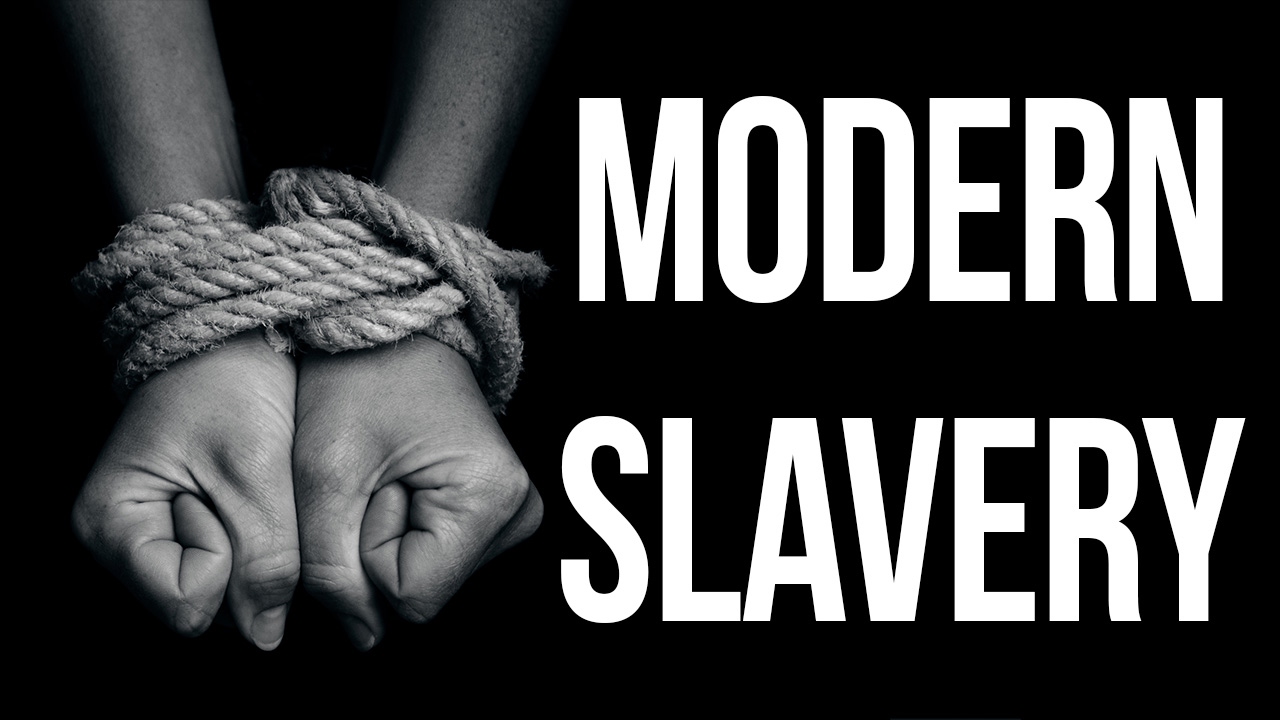[:en] Human trafficking is considered one of the most serious crime in the world. Sexual exploitation, forced labor, domestic work, illegal trade of human organs are some forms of trafficking.
Human trafficking is considered one of the most serious crime in the world. Sexual exploitation, forced labor, domestic work, illegal trade of human organs are some forms of trafficking.
A $32 billion annual industry, modern day trafficking is a type of slavery that involves the transport or trade of people for the purpose of work. According to the U.N. about 2.5 million people around the world are ensnared in the web of human trafficking at any given time.
In a report published by the United Nations Office on Drugs and Crime (UNODC)[1], most victims of human beings traffick for sexual exploitation and forced labor are women and children, from around 115 countries.
Generally they are promised a stable and well-paid job, but most of the time trafficants get their passport, so they are forced to prostitute in either brothels or “NO NAME” clubs. These women live in slavery. It may seem shocking, but that’s a sad reality. The rule is that they become “due” to traffickers, who take over transport and other expenses. In some countries, such as Thailand / Cambodia, boys are traditionally preferred, and this makes many parents sell their daughters to traffickers.
It is a growing market, it is comparable today with drug trafficking or arms. It is a market fueled by men’s fantasies that include sex, according to the principle of domination, so they spend their money at any hour to have any woman they want. Women and girls who become victims of trafficking are very young, being attracted very easily. It appears that traffickers often transfer victims to urban centers before sending them abroad. From here, they sell to pimps or continue to control them through networks.
Estimates of women and children trafficked each year to the sexual market (often by force or abduction) and the forced labor market vary considerably between 700,000 and 4 million. The sale of girls for sexual slavery, a serious violation of their rights and a threat to their health has increased considerably over the past 10 years. Extreme poverty, the inferior status of women and girls, questionable customs controls and the involvement of those who should apply the law to trafficking activities all contribute to the spread of the phenomenon.
For at least 30 years, Nigerian women have been trafficked into Europe for sex work, but numbers have spiked recently. In 2014, the trickle of a few hundred women a year grew to nearly 1,500. The following year, it increased again to 5,600. In 2016, at least 11,009 Nigerian women and girls arrived on Italian shores.
In the past these women used to arrive on planes with visas. Today, they come the “back way” the smuggling route that has developed across Africa to bring hundreds of thousands of Africans to Europe.
International Organization of Migration estimates that 80 percent of Nigerian females coming to Europe are trafficked, aid workers have no way of telling those seeking opportunity from those forced against their will.[2] In the case they escape, women are situated in a house run by nuns or an NGO, that helps women to integrate them into European life by giving trainings oportunity to attend a school to become independent and get a job, but most of them don’t want to denounce their traffickers or madams because of what Nigerians call the “juju oath,” an animist, spiritual contract in which the girl agrees to be brought to Europe, and binds herself to their debt. The ritual is taken extremely seriously and violation is considered justification for murder of a girl or her family.
In Asia and Eastern Europe, 13-year-old girls are trafficked as “wives to order”. In India, it is estimated that two out of five women performing sexual services are under the age of 18. According to regional estimates, between 1 and 2 million men and women are victims of trafficking each year, most of them in Asia. More than 225,000 of them come from south-east Asia and about 150,000 from southern Asia.
Each person has the same basic right to pursue his dreams and hopes, to seek a better life for himself or for the family, to travel or study, to find a better job.
[1]United Nations Office on Drugs and Crime.
[2]International Organization of Migration.[:]
